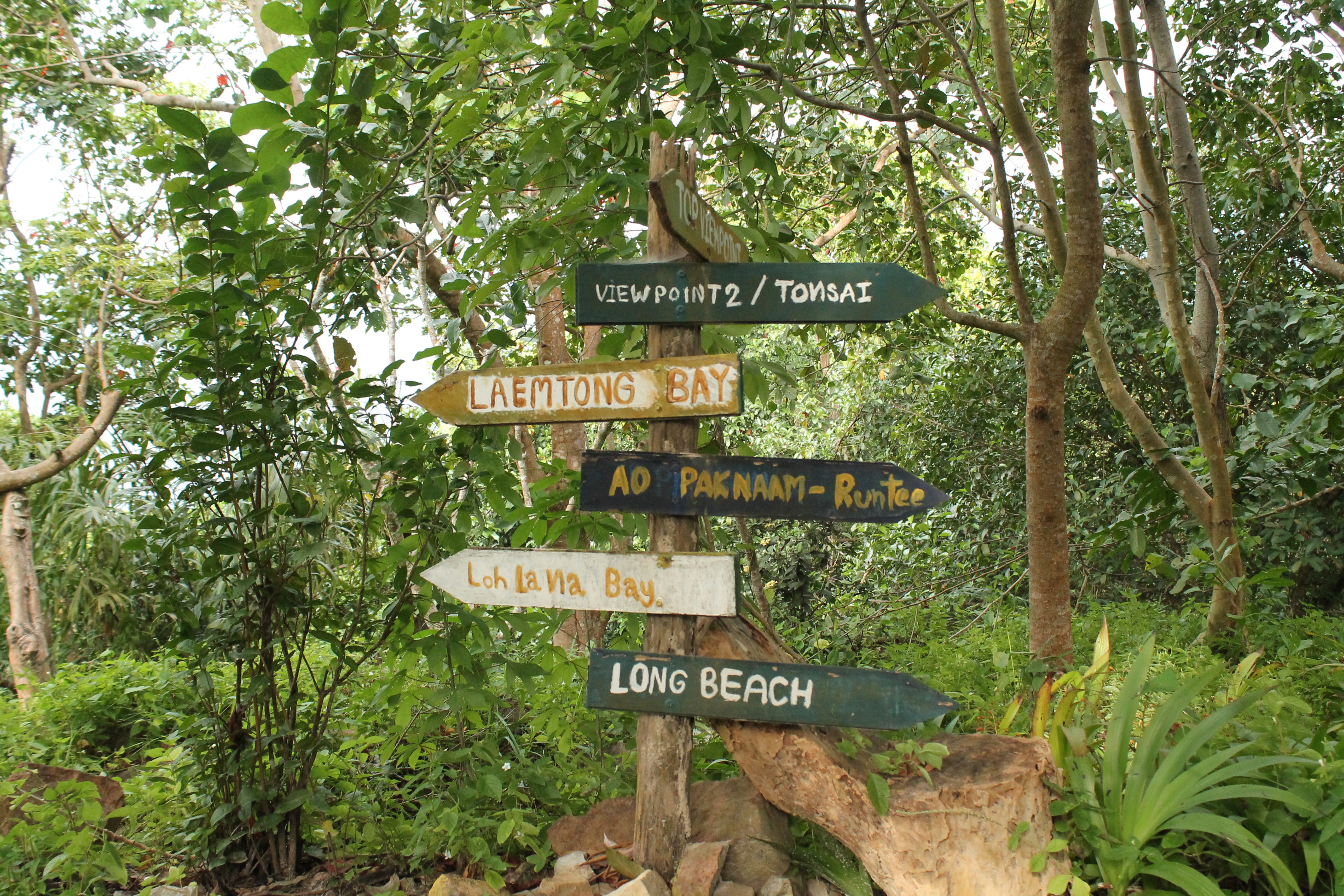Traveling is not just moving from one place to another; it is choosing. Each choice leaves an imprint on the climate, culture, and economy of the places we visit. Responsible travel does not mean giving up beauty, but rather learning to look at it more attentively and transforming the inevitable impact into a valuable legacy.
Committing to sustainable tourism is a way to travel more consciously, modernly, and inspiringly, integrating ecological trip planning, sustainable accommodations, and informed decisions that reduce the carbon footprint without diminishing the experience.

A paradigm shift.
Tourism has become a planetary force, capable of transforming entire territories. This scale requires us to move from a consumption model to one of care. Responsible travel redistributes flows to avoid overcrowding, promotes low-emission mobility, supports short value chains, respects ecosystems, and protects tangible and intangible heritage.
Every euro spent and every mile traveled can strengthen local economies and reduce environmental pressures. Traveling responsibly means understanding that every journey is an exchange: we receive hospitality and return care.
This change begins even before booking. True responsible travel emerges when we stop asking only where to go and begin questioning how we want to relate to the destination. That transformation shifts the focus from the checklist of must-sees to meaningful experiences: less collecting postcards and more belonging, even if only for a few days.
Before leaving, plan consciously.
Ecological trip planning is key to reducing environmental impact. Comparing routes not only by time or cost but also by emissions makes it possible to prioritize trains or buses over planes when distance allows.
Traveling in low seasons helps reduce pressure on sensitive destinations and improves coexistence with residents. Choosing accommodations with verified certifications such as Biosphere Certified ensures efficiency in water and energy, waste reduction, and collaboration with local suppliers, ensuring that spending is reinvested into the real economy of the destination.
A sustainable itinerary avoids redundant transfers, links nearby visits, incorporates days on foot or by bicycle, and reserves moments of rest, remembering that pauses are also part of mindful travel.

At the destination, pace and relationships matter.
Sustainability is practiced in every daily action. Walking or cycling when possible, using public transportation, shopping at markets and small stores, asking for tap water when safe to drink, and listening to local guides are choices that reduce impact and generate value.
Cultural respect is also essential: learning basic greetings, observing customs, asking before taking photos. The same applies to the local economy: paying fair prices, trying seasonal products, or participating in community-led activities makes the trip a more authentic experience.
The key is pace. Arriving at different times, leaving a viewpoint if it is crowded and returning later are small decisions that ease tourist pressure and enrich the experience.

After the trip, reflect on what you experienced.
Responsibility does not end when returning home. Evaluating the performance of accommodations and activities, sharing useful information beyond photos, supporting cultural or environmental projects you discovered, or reviewing your own decisions to improve in the future are ways to extend positive impact.
Reducing, measuring, and learning become a virtuous cycle. Sustainability is also memory: what we share about our trips shapes future demand.

A micro-guide for responsible decisions.
This micro-guide is not a closed manual but an open proposal to pause and think before each travel decision. We invite you to reflect as a reader and traveler on how to transform each step into a lighter, fairer, and more local choice. Take it as an ethical and practical compass, a starting point to test criteria, measure small progress, and turn sustainability into a conscious habit. The goal is not perfection, but learning along the way and ensuring that each trip leaves a better mark.
- Personal travel manifesto: write what responsible travel means to you, with commitments on emissions, waste, or cultural respect.
- Impact budget: set environmental and social goals alongside the economic budget.
- Pulse itinerary: combine days of high activity with low-intensity days to reduce transfers.
- Three-belongings rule: choose essential, durable luggage that minimizes waste.
- Relationship map: connect your experience with local producers and projects.
- Low-carbon routes: prioritize soft mobility and public transportation.
- Listening code: respect cultural practices and implicit norms.
- Decision diary: note two daily actions that reduced your impact.
- Accommodation criteria: choose lodging with verified certifications such as Biosphere Certified.
- Small renunciations: avoid crowded places to gain calm and more authentic experiences.
- Minimal metrics: track water, emissions, and waste avoided.
- Ethics of encounter and image: respect when photographing and avoid geotagging fragile places.
- Accessibility and inclusion: responsible tourism also opens doors for everyone.
- Purposeful technology: use digital tools to plan with a lighter footprint.
Turning decisions into experiences.
A sustainable trip is not measured by the number of places visited, but by the quality of the decisions that make it possible. Planning low-carbon itineraries, staying in responsibly managed places, consuming within short supply chains, and supporting local projects transform each journey into both a cultural and climate-conscious experience.
Sustainability ceases to be an add-on when it becomes the thread of the experience. Traveling responsibly is, in essence, traveling with more humanity, more attention, and more gratitude. That is the true contemporary luxury.

Traveling responsibly and the importance of the Sustainable Development Goals.
The practice of responsible tourism is directly aligned with the United Nations Sustainable Development Goals (SDGs). Conscious planning responds to SDG 13 on Climate Action. Supporting the local economy and choosing certified accommodations links to SDG 8 on Decent Work and Economic Growth. Promoting inclusion and cultural respect connects with SDG 10 on Reduced Inequalities and SDG 11 on Sustainable Cities and Communities.
At Biosphere, we believe that every trip can be a success story if it is designed with criteria and authenticity. Our management tool helps travelers, businesses, and destinations turn commitments into verifiable results, aligning each decision with the SDGs and ensuring experiences that care for the planet and the communities that inhabit it.















